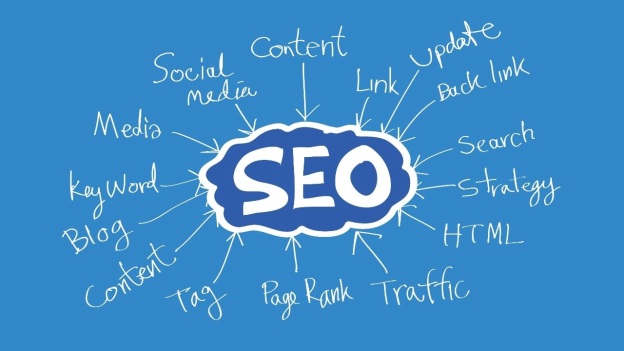What is Search Engine Optimization (SEO)?
SEO stands for “search engine optimisation,” and it refers to a set of strategies for enhancing the look and placement of web pages in organic search results. Because organic search is the most frequent way for people to locate and access online content, having a solid SEO strategy in place is essential for boosting the quality and number of visits to your site.
What is the significance of SEO?
Let us split down our definition of SEO into three sections to better comprehend its value:
Organic search results: Organic search results are unpaid listings on a search engine results page (SERP) that the search engine has decided are most relevant to the user’s query. Advertisements (also known as pay-per-click or PPC ads) take up a significant portion of many SERPs. Organic search results differ from sponsored search results in that they are ranked based on the organic ranking algorithms of the search engine rather by advertising bids. Paying to make your page appear higher in organic search results is not feasible.
Quality of organic traffic: The relevance of the visitor and their search query to the material on your site is referred to as organic traffic quality. You may get all the traffic you want, but if people come to your site because Google says you are an Apple computer resource when you are actually a farmer selling apples, they are likely to leave without buying. High-quality traffic is defined as people who are genuinely interested in the products, information, or other resources your site offers.
Organic traffic volume: the number of people that come to your site via organic search results. Users are far more likely to click on search results towards the top of the SERP, therefore optimising your SEO strategy to rank relevant sites as high as possible is important.
If you are an agency or in-house SEO looking for resources to teach your clients or corporate stakeholders about search marketing, we recommend printing, personalising, and sharing this presentation on the basics and significance of SEO.
How does SEO work?
Crawlers, often known as bots or spiders, are used by search engines like Google and Bing to collect information on all the content they can locate on the internet. The crawler starts at a well-known online page and follows internal and external links to other sites’ pages. The crawler can grasp what each website is about and how it is semantically connected to all of the other pages in the search engine’s large database, called an index, thanks to the content on those pages and the context of the connections it followed. When a user writes or voices a query into the search box, the search engine employs sophisticated algorithms to provide what it considers to be the most accurate and relevant set of results for that query. Web pages with text, news stories, photographs, videos, local company listings, and other more niche sorts of content are examples of organic results.
SEOs apply their knowledge of these ranking variables to create and implement search marketing strategies that include on-page, off-page, and technological best practises. A company that wants to achieve and sustain high SERP rankings and, as a result, a lot of high-quality user traffic should implement a strategy that prioritises user experience, uses non-manipulative ranking strategies, and changes with search engines’ and users’ evolving behaviours.
While additional digital marketing strategies like conversion rate optimisation (CRO), pay-per-click (PPC) advertising, social media management, email marketing, and community management are occasionally related to SEO, they are typically beyond the scope and definition of traditional search marketing. The Moz Blog contains categories dedicated to all of these subjects, as well as others, if you want to learn more about them.


